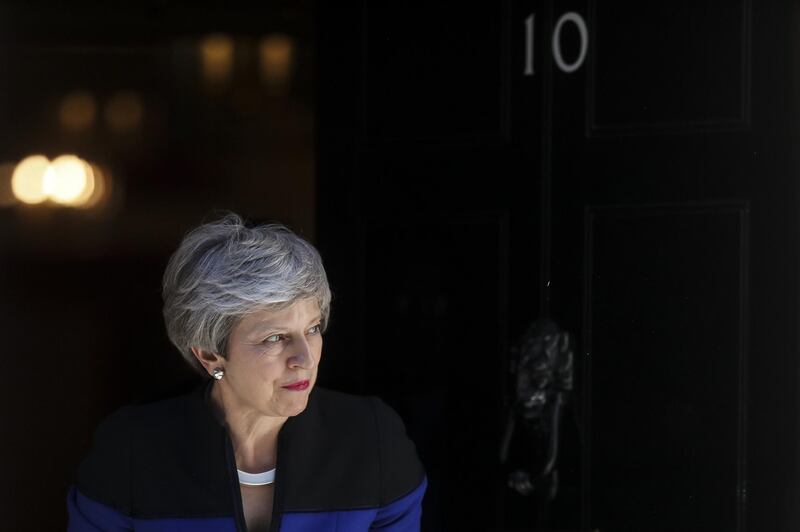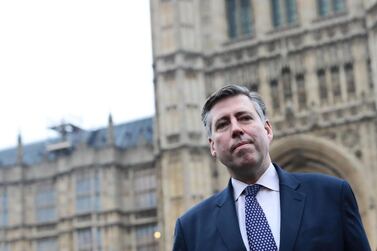Talks between the UK’s two largest parties to break the Brexit deadlock have collapsed.
The talks had aimed to find a path through the impasse between MPs and the government over it’s Brexit deal with the EU, but will probably now involve deciding on a range of options to put before parliament.
Both leaders are blaming each other for the break-up in negotiations, which sparked a four-month low in Sterling on Friday.
The pound is now set for its worst week since October 2018, and a further fall would make it one of the worst weeks in well over a year.
Labour leader Jeremy Corbyn said he had written to Prime Minister Theresa May to inform her that his party would not be continuing negotiations.
“The position of the government has become ever more unstable and its authority eroded,” as the Tory party grapples with a date for Theresa May’s departure and her replacement wrote Mr Corbyn.
Mrs May had promised her party that she would leave earlier than planned if MPs backed her Brexit deal. This week the 1922 committee announced she would set out a plan for her departure in June.
The announcement played the role of a starting pistol for the leadership battle, with a number of high-profile figures jostling for prominence in news coverage. Mr Corbyn says this has been a significant distraction.
“The talks have been detailed, constructive and have involved considerable effort for both our teams,” he wrote.
“However, it has become clear that, while there are some areas where compromise has been possible, we have been unable to bridge important policy gaps between us.”
A spokesperson for the prime minister said "real progress" had been made on issues of worker's rights environmental protections, but a complete agreement was off the table for now.
The prime minister agreed that there had been progress, but blamed Labour's confused Brexit policy for the breakdown.
"We haven’t been able to overcome the fact that there isn’t a common position in Labour about whether they want to deliver Brexit or hold a second referendum which could reverse it," she told a campaign event in Bristol.
Mrs May also floated the idea of holding multiple votes on changes to the withdrawal bill.
"When we come to bring the legislation forward, we will think carefully about what we’ve had with these talks, the outcome of these talks. We will also consider whether we have some votes to see if the ideas that have come through command a majority in the House of Commons," she said.
The collapse in talks could raise the chance of a second referendum, said Hilary Benn, the Labour chairman of parliament's Brexit committee.
“There are only two ways out of the Brexit crisis that we've got: either parliament agrees a deal or we go back to the British people and ask them to make the choice,” he told the BBC.
"And I think this brings the prospect of a confirmatory referendum closer although there's not yet a majority for that in parliament.”
Mrs May vowed to give MPs a chance to vote on Brexit at the beginning of June, a deadline Mr Corby said Friday would not work for Labour.
"I don’t think it’s credible to say we get all the parliamentary agreement, all stages of a very controversial, major bill through parliament by the end of July."








